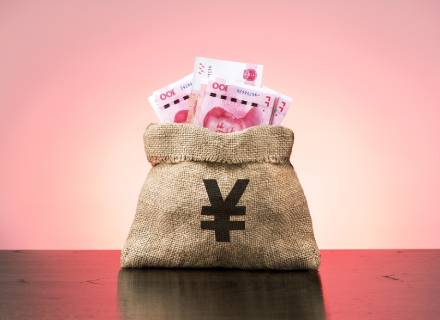China’s economy grew at its slowest rate in 1.5 years, despite pressure from the authorities to intensify stimulus measures to revive the world’s second-biggest economy.
Since September 2024, the Xi Jinping government has announced several initiatives aimed at reviving the nation’s flagging consumption and resolving the protracted and crippling debt crisis in the massive real estate industry.
While property investment fell more than 10% in the first nine months of the year, retail sales and industrial production increased in September. Officials still expressed confidence the economy can achieve the Xi Jinping government’s full-year growth target of around 5%, and flagged another cut to banks’ reserve ratio by 2024-end.
Following a ferocious market surge propelled by anticipations of a much-needed “bazooka stimulus,” confidence has subsided as officials declined to disclose the precise amount of the bailout or the specifics of any of the commitments.
The economy grew by 4.6% year over year in the 2024 third quarter, according to data released by Beijing’s National Bureau of Statistics (NBS). This was the lowest growth rate since early 2023, when China was beginning to ease out of its stringent zero-Covid policy. An “intense and complex external environment” was recognised by the NBS. as well as fresh issues with home economic growth.”
Thoughts were clouded by a run of subpar readings on a variety of indicators, including inflation, trade, and investment, until data from September retail sales, a measure of consumer activity, beat expectations.
Before the release of the data, state media reported that the nation’s leading banks had reduced interest rates on yuan deposits for the second time this year to increase lending.
Beijing claims to be “full confident” in reaching its 5% annual growth target, but analysts believe further direct fiscal stimulus is required to boost the economy and business confidence.
Authorities have unveiled many initiatives in recent weeks to inject capital into the economy, such as a series of rate reductions and a relaxation of home-buying restrictions.
One such initiative, a swap facility for funds and insurers with an “initial application quota exceeding 200 billion yuan” (USD 28.11 billion), was introduced by China’s central bank, according to state media.
Meanwhile, the world’s second largest economy has now cut benchmark lending rates as anticipated at the monthly fixing, following reductions to other policy rates as part of a package of stimulus measures to revive the country’s prospects.
The one-year loan prime rate (LPR) was lowered by 25 basis points to 3.10% from 3.35%, while the five-year LPR was cut by the same margin to 3.6% from 3.85% previously. The lending rates were last cut in July 2024.
The PBOC announced cuts to banks’ reserve requirement ratio by 50 basis points and the benchmark seven-day reverse repo rate by 20 basis points on September 24, kicking off the most aggressive stimulus since the COVID pandemic that includes measures to support the ailing property sector and boost consumption. It also cut the medium-term lending facility rate by 30 basis points last month.
Most new and outstanding loans in China are based on the one-year LPR, while the five-year rate influences the pricing of mortgages.
“Since the September 24 measures, the CSI300 Index has broken records for daily moves and is up more than 14% overall. The yuan is down 1% against the dollar in that period. Stocks have wobbled in recent sessions, though, as initial enthusiasm gave way to concerns about whether policy support would be big enough to revive growth,” stated Reuters.

